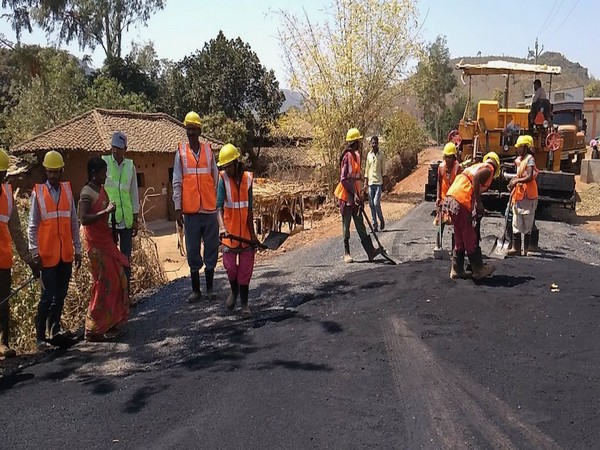Sri Lanka and World Bank sign $500m deal to provide climate-resilient connectivity
In Sri Lanka, agriculture - the main livelihood source of the rural community - is heavily dependent on roads to connect farmers to resources and domestic and international markets.

- Country:
- Sri Lanka
The Government of Sri Lanka and the World Bank signed a $500 million financing agreement to provide safe, efficient and climate-resilient connectivity to strengthen agricultural supply chains through the Inclusive Connectivity and Development Project. This project is expected to benefit around 16 million people living in rural communities in selected districts of Sri Lanka.
Sajith Atygalle, Secretary to the Ministry of Finance, signed on behalf of the government and Hartwig Schafer, World Bank Vice President for South Asia, signed on behalf of the World Bank.
In Sri Lanka, agriculture - the main livelihood source of the rural community - is heavily dependent on roads to connect farmers to resources and domestic and international markets. While nearly all national roads are paved, only 67 percent of provincial roads and 13 percent of rural roads are in good condition. Sri Lanka also has the highest rate of road fatalities in the South Asia Region with around 3,000 deaths per year.
“An uninterrupted and safe road network in Sri Lanka is crucial to connect rural communities to health and education services and economic opportunities,” said Hartwig Schafer, World Bank Vice President for South Asia. “Scaled-up road investments will contribute to the acceleration of human capital in Sri Lanka, leading to sustainable and inclusive economic growth.”
This Project is part of the “100,000 KM Rural Roads Development Program”, a key initiative of the national development strategy of the Government of Sri Lanka.
“We are extremely happy with the design of this project and its impact on our local communities,” said Hon. Johnston Fernando, Minister of Highways of Sri Lanka. “The holistic approach to ensure safety, climate resilience and sustainability for our road network is critical for building back better post-pandemic”.
The project is expected to build on the ongoing provincial and rural roads rehabilitation initiatives under the World Bank-financed Transport Connectivity and Asset Management Project and the Asian Development Bank-funded Integrated Road Investment Programs - iRoad I and II. The project will support the Government of Sri Lanka to expand its services by building on the lessons learned and establishing a comprehensive system to improve rural connectivity in an inclusive manner while improving rural livelihoods.
This project is implemented by the Ministry of Highways. A National Steering Committee will be established to oversee the project.
- READ MORE ON:
- agriculture
- Sri Lanka
- World Bank
- Hartwig Schafer










